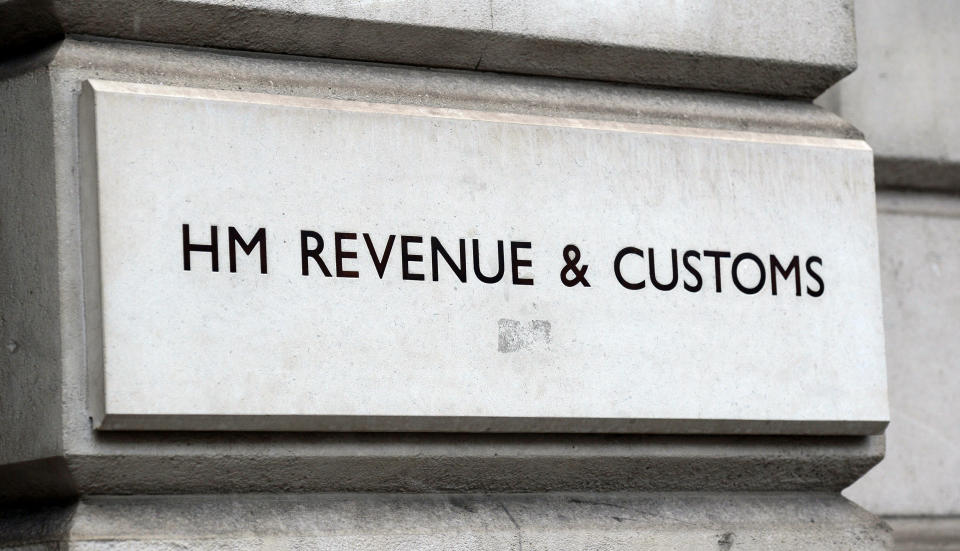Coronavirus: UK firms 'up to £20bn out of pocket' waiting for furlough grants

UK firms could be billions of pounds out of pocket as they wait for a government grant to refund wages paid to furloughed workers, according to analysis by fintech payroll lender MarketFinance.
More than 300,000 firms have already applied for cash grants to cover the wage bill for more than 2.2 million workers across the UK. Some estimates indicate millions more have already been furloughed, but employers have not yet all filed claims.
The government’s coronavirus job retention scheme opened to applications on Monday, with the aim of keeping at-risk staff on payroll on 80% of their wages. Staff cannot work while furloughed.
HMRC hopes the first applicants will receive grants within six days, but many firms have already paid staff or are doing so imminently for April’s payroll.
READ MORE: UK government gives newly hired workers ‘false hope’ of furlough grants
Business surveys show cashflow is a major worry for a large proportion of firms, as many have seen their income dry up overnight but still owe wages, rent and other costs.
Analysis by MarketFinance suggests the hole on company’s balance sheets could be as high as £20bn ($24.6bn) in furloughed workers’ wages.
The figure is based on estimates by the Resolution Foundation think tank that 8 million workers have been or will be furloughed. The government will cover 80% of employees’ pay up to a cap of £2,500.
MarketFinance’s calculation assumes 8 million workers have been furloughed and taken home £2,500 this month. Many workers will earn less than this figure however, with low pay widespread in hospitality, retail and other UK industries among the hardest hit.
READ MORE: 2,200 claims a minute flood in as HMRC job retention scheme portal opens to claims
Not all analysts expect furlough numbers to skyrocket so high. Many firms have also received business rate holidays, council grants and rent reductions or holidays.
Firms have been encouraged to apply for the government’s coronavirus business interruption loan scheme (CBILS), with interest-free loans for 12 months largely guaranteed by the government.
Some will be using the loans to plug the gap. But the UK government and banks have come under fire for not disbursing loans quickly enough, just as many firms wanted furlough grants sooner.
MarketFinance recently began lending to firms to cover the delay in getting furlough rebates, on top of its regular business in advancing cash on outstanding invoices.
READ MORE: Millions of furloughed workers set for an extra month’s pay
Anil Stocker, CEO of MarketFinance, said the HMRC application process had to be smooth and cash distributed fast. “Any delay would exacerbate the cash crisis many companies are facing and could threaten jobs and the survival of these businesses.”
Emma Loisel, co-founder of coffee wholesaler Volcano Coffee Works, said her company was about to pay its second month of wages to furloughed staff while still waiting for the government subsidy.
With 90% of its customer base closing their doors, she said two-thirds of workers had been furloughed and her team was now forced to monitor cashflow “on a daily basis.”
“This is causing a huge dent in our cash flow and makes it hard to focus on everything else we need to do to ensure the business gets through this,” she added.

 Yahoo Finance
Yahoo Finance 